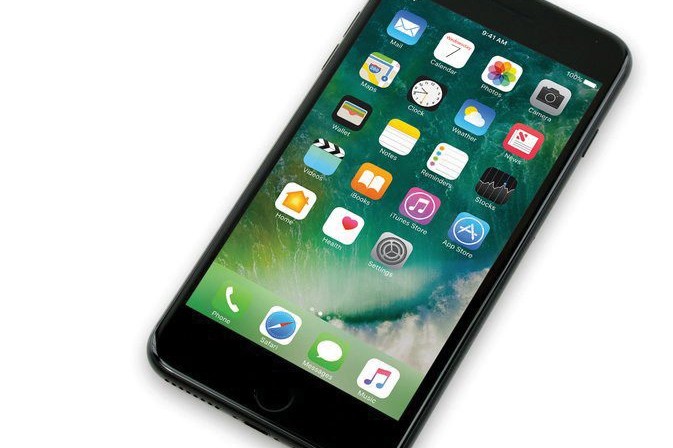Smartphone apps frequently ask for permission to access features. But should you agree? Kirstin Mills writes.
can be bamboozling when installing an app and it asks for permission to access features or data on your device. Can I access your photos? Can I use your location? Can I access your microphone?
My answer: Be as cautious as you can and agree to as few permissions as possible.
Apps you download from an official store (e.g. Apple’s App Store, Google Play store) should not be randomly accessing your data – app developers build in the permissions so when you install the app you can decide how much access to give the app.
Sometimes it’s obvious. A maps app is not going to be much help at giving you directions or updating traffic issues while you drive if it doesn’t know where you are.
But sometimes apps ask for permissions that are not relevant, and some will not work if you do not agree. If a photo filter app is not only asking you for access to your camera, but also to your health apps and contacts, think carefully before you agree.
Health information
Many people now keep health and wellness information on their phones, collated from smart watches or manually entered by the user. Be sensible about where you agree to share this information. You might justify it for an exercise app or a health monitoring app, but even then, do a bit of research into the app and look at reviews to get a sense of how reputable the developer is.
Camera, photos and microphone
Sometimes it’s a no-brainer to give access – a photo filter app will generally ask for access to your camera and/or photo library, or it will not be able to do any filtering. Likewise, a movie-making app will need access to your camera and mic.
Other times it’s not so obvious and can be dependent on how you use the relevant app. For example, I have the Good Reads app (a book site of book reviews and for you to keep track of books you’ve read) on my phone. The app asks for camera access so users can scan barcodes of books for easy adding. If I didn’t ever use this feature, I could refuse/turn off access and the app will still work for everything else.
Contacts
If you have ever added a social media account, you will have been asked for access to your contact list. This is one I generally say no to, mainly because I’m sharing other people’s data by agreeing to share my address book.
Location
This is another one I use sparingly – I allow access for GPS and Find Friends, but other than that it’s off. I don’t even have it on for taking photos. I don’t share a lot of photos on social media, but when I do, I don’t want my location shared at the same time.
News apps may ask for your location to tailor their news and advertising. Other apps can use location data in ways people do not really understand.
Periodically, Snapchat asks to use my location, informing me it will help with features such as filters, search, snap map, advertising and more. Its ostensibly innocuous mention of snap map doesn’t make it clear that if you share your location your Snapchat friends can look at the snap map and see where you are at any time.
If you want to check what permissions you have given apps, you can do the following:
Android
Settings > Apps > click on the app and choose Permissions
Apple
Settings > Privacy and click on the permission type you want to check.
If you’re unsure about whether an app needs a permission, try a quick Google search: e.g. “does Snapchat need my location?” Or try turning off the permission and see if the app still works.





